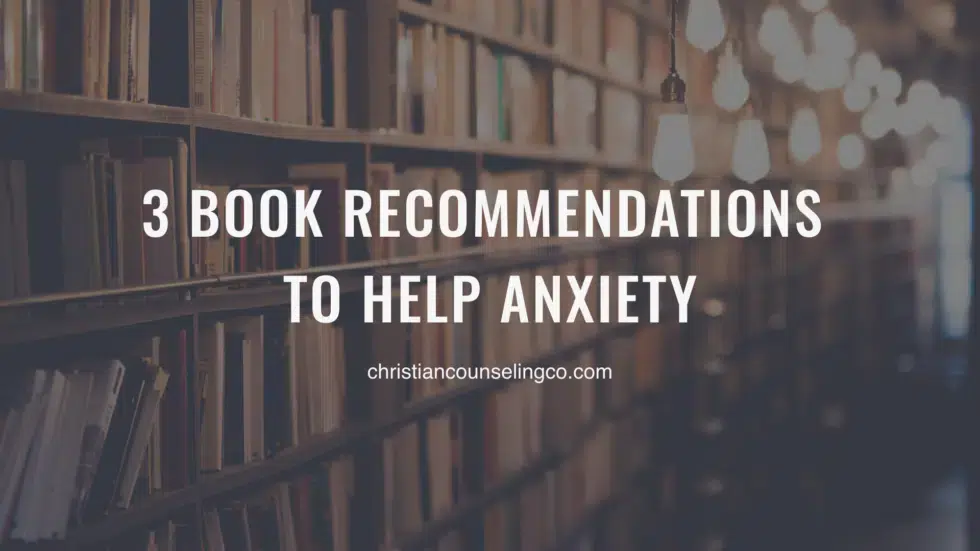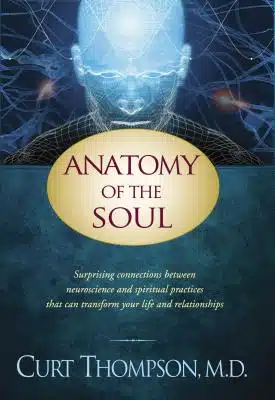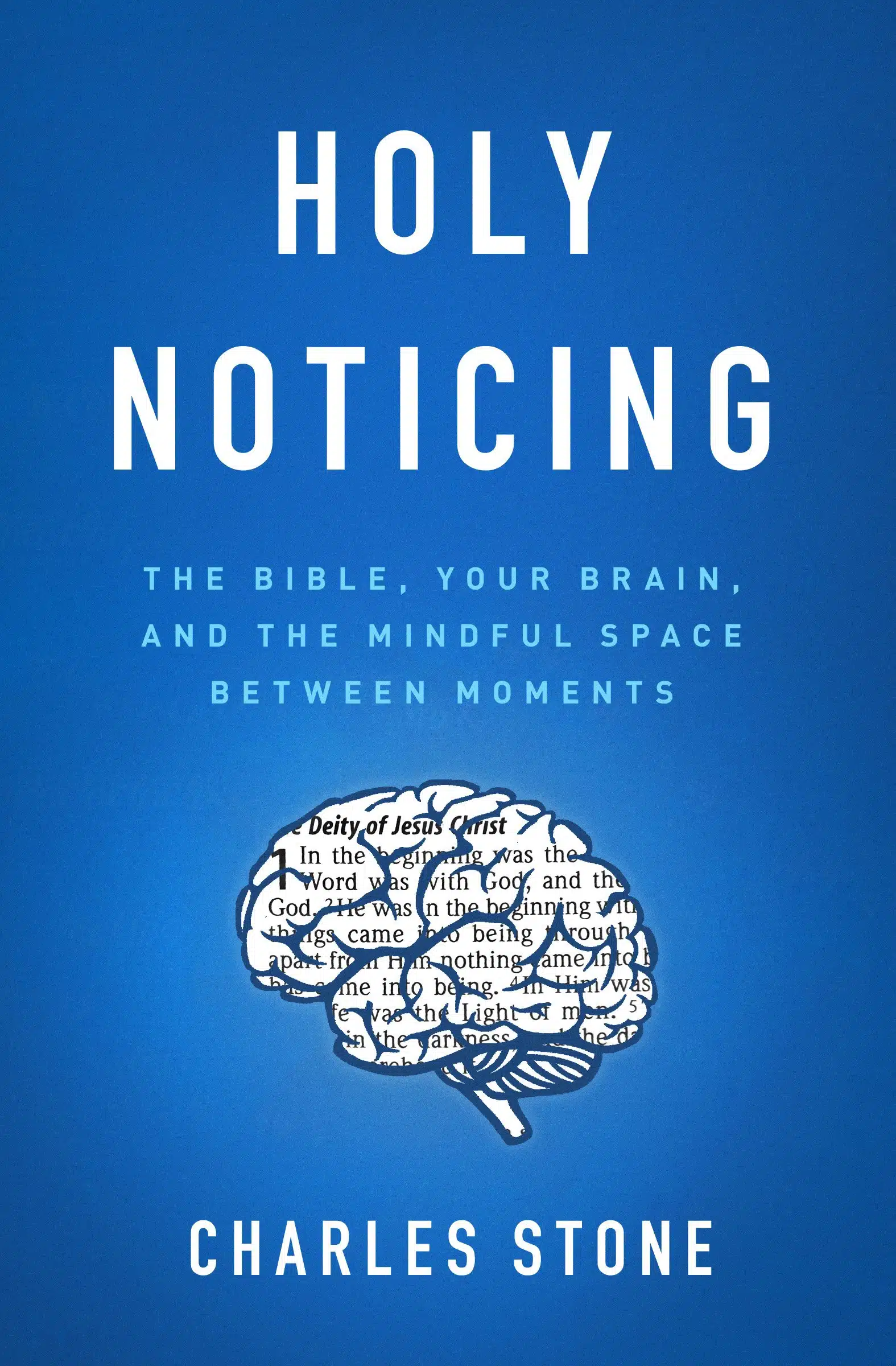As a Christian Counselor and avid reader, I have clients (and friends) ask about my book recommendations to help anxiety all the time! Who isn’t anxious about their job, children, or the current state of the world? Worry and anxiety is a natural part of life that occurs when our brain is telling us something doesn’t feel quite right or safe. Most of the time this worry passes and we can move on with our lives. However, for some, this worry is constant and debilitating.
There are a number of reasons for anxiety. Traumatic or distressing events, relational distress, and issues that require medical intervention (just to name a few). Personally, in college, my anxiety was at its peak when I was drinking 2-3 cups of coffee per day because caffeine is a stimulant and any stimulant increases the likelihood of anxiety.
As Christians, our comfort and hope come from our faith in God. The more we move toward Him, the more connected we feel. The purpose of this blog is to offer you informative resources to help reduce anxiety and help you feel more connected and aligned with God.
Before I promote these books it is important for me to share that I am biased toward mindful practices. The research overwhelmingly shows that daily mindfulness practice can significantly improve anxiety, depression, OCD, PTSD, and overall quality of life. In the field of Interpersonal Neurobiology, there is a saying that, “where attention goes, neural firing flows, and neural connections grow.” If we focus our attention on God, we are more likely to notice the presence of our Comforter and Friend, the Holy Spirit.
Thompson is a psychiatrist out of Washington D.C. who wonderfully integrates today’s research about the brain with his Christian faith. I recommend this book to most of my clients because the presenting symptoms that create distress do not occur in a vacuum. Thompson’s seminal work offers the reader context and understanding of how issues related to anxiety, depression, relational distress, etc. arise and how God interacts with us in it.









